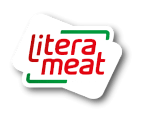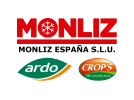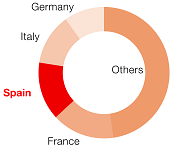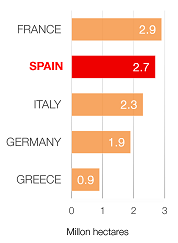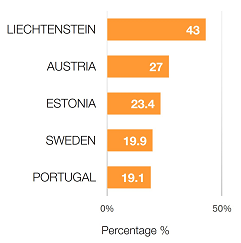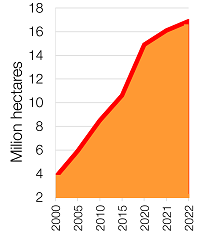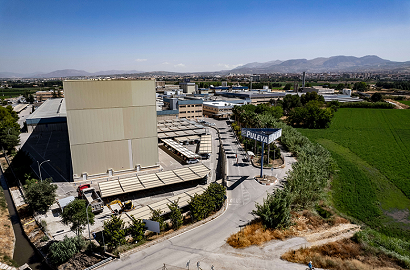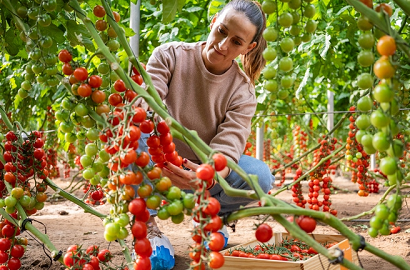A strong, resilient industry
With revenue of over €168.2 bn and employing around 559,700 people, the agri-food industry represents 23.8% of the manufacturing sector in Spain.
Spain is the fourth agri-food power in Europe and tenth in the world. Due to the quality of its products and its extensive range of items, the Spanish agri-food industry is highly regarded internationally.
The dynamic nature of Spanish agri-food exports, showing continuous years of surplus, and representing almost 20% of the country's total exports, have made the industry the fourth-ranked European exporter and the seventh worldwide in these products.
Spanish agricultural production is extensive and diverse. Being one of the European and Worldwide leaders in agricultural land devoted to organic farming, it is also a leader in crops as olive oil, citrus fruits and fresh vegetables.
Nearly 30,000 companies in the industry currently export food and drink from Spain, with internationalisation being one of the main pillars of its strong position and growth.
In the case of Spain, the food and drink/tourism/cuisine link guarantees a high level of consumption and promotes the country brand, where agri-food production has become an essential part of the country's culture and traditions.
Alongside this tradition, the industry is undergoing a disruptive and decisive transformation towards digitalisation and sustainability to face new challenges in the form of climate change and adapting to new consumer trends. Spanish Technology Centres are world leaders in specific areas ranging from developing new ingredients to new high-quality protein sources, enhancing nutritional properties and precision agriculture. In recent years, Spain is developing a solid business ecosystem across the entire agri-food value chain.




